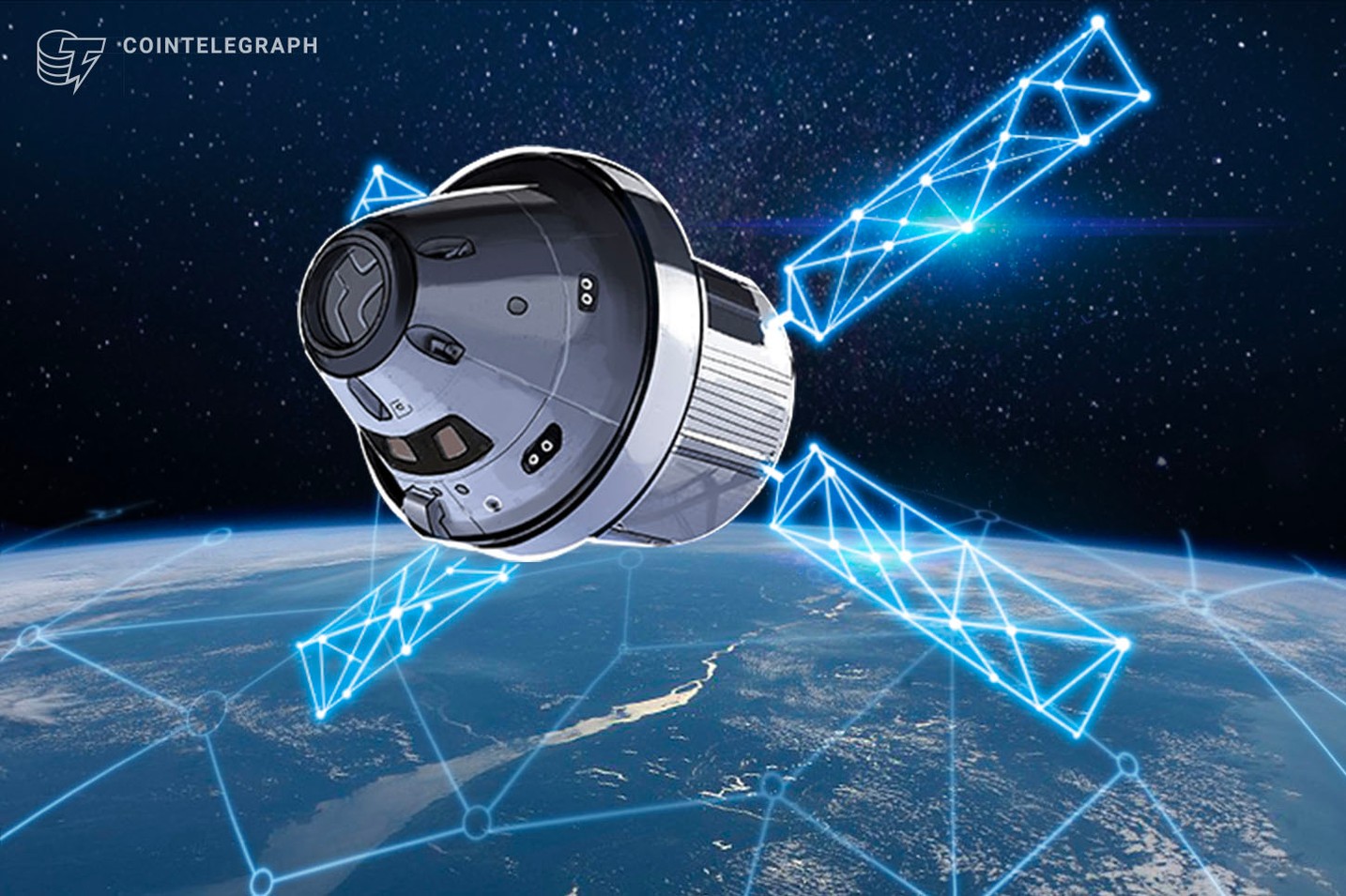
Geosynchronous satellites play a vital role in delivering internet and phone data to remote areas devoid of conventional cables. New research indicates these satellites are susceptible to data interception using only around $600 worth of equipment.
A collective of six scholars from the University of Maryland and the University of California highlighted in their paper published on Monday that they uncovered a startling amount of sensitive traffic broadcasted in plaintext across satellite networks, unencrypted.
This traffic encompasses encryption keys for cellular communication, SMS messages from citizens, and even data related to military systems.
The researchers conducted their investigation by setting up a consumer-grade satellite dish atop a university building in San Diego to monitor 39 geosynchronous satellites.
Source: Mathew Green
“This data can be passively observed by anyone with a few hundred dollars of consumer-grade hardware.”
Protecting Your Data
Due to the uncertainty surrounding the encryption status of data traffic, it’s essential for users to safeguard their information. Tools like VPNs can disguise IP addresses and ensure data encryption.
While voice calls and messages should ideally transpire through end-to-end encrypted apps, including Signal and Telegram, satellite communication service providers must also consider adopting encryption for their offerings.
“Encryption should be used at every layer as defense-in-depth protection against individual failures. Treat encryption as mandatory, not an add-on.”
Providers Respond
During the course of their research, the team reached out to several major service providers regarding the encryption issue. They reported that corrective measures were being taken.
“There is no single stakeholder responsible for encrypting GEO satellite communications.”
After reevaluating networks associated with T-Mobile, Walmart, and KPU, the researchers confirmed that fixes had been implemented. Yet, they cautioned against revealing details about other affected systems as disclosures are still pending.
Cost Challenges in Encryption
A significant barrier to encrypting data traffic stems from the associated costs, particularly for remote users who may lack access to viable hardware and licensing fees. Furthermore, implementational encryption can complicate network troubleshooting and may affect emergency service reliability. Some are either unaware of the risks or underestimate the simplicity of data interception.
“Although considerable attention has been given to implementing almost universal encryption for web browsers, much less focus has been directed toward satellite network communications.”
The study is concentrated on geosynchronous equatorial orbit (GEO) satellite networks and did not extend to low-Earth orbit systems, such as Elon Musk’s Starlink, due to the requirement for more complex receiving hardware.
“Our understanding is that those links are encrypted, but we have not independently verified this.”
